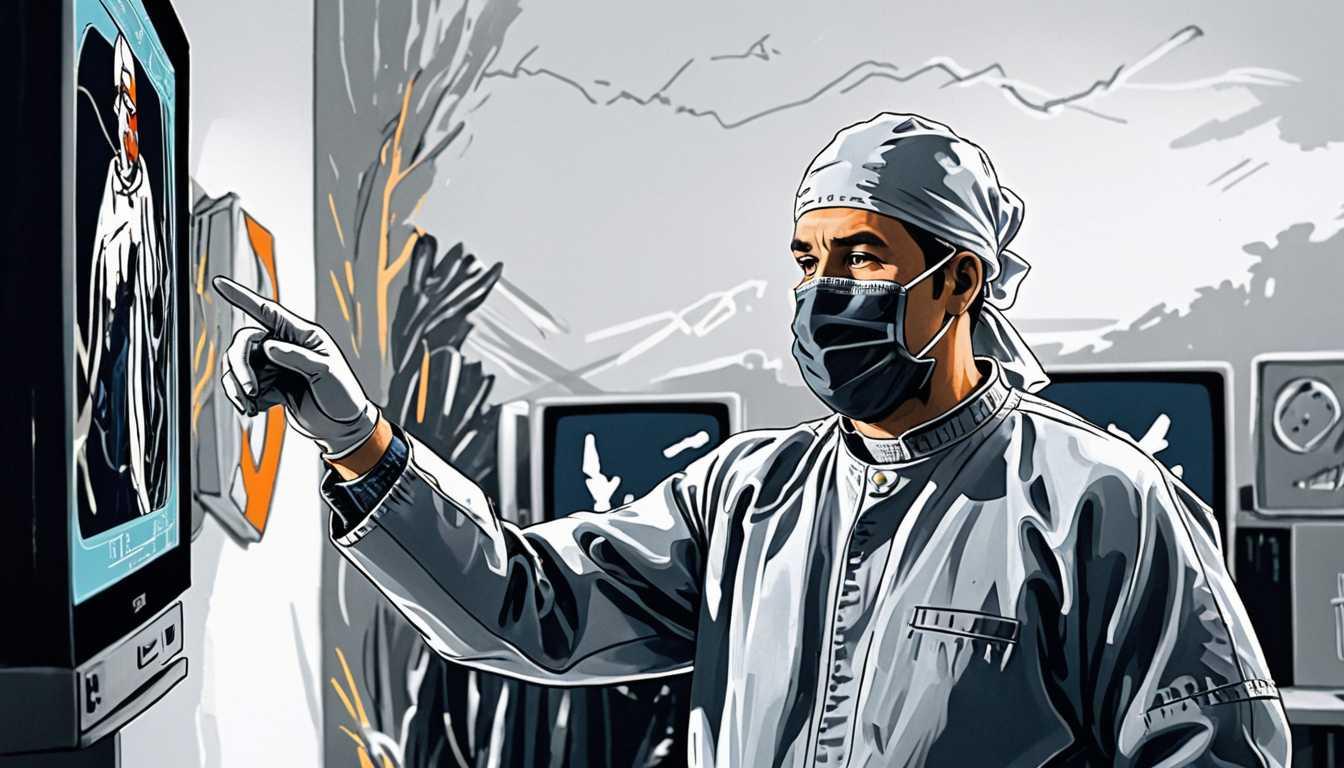Brain Power: Planning Your Next Move!
June 2024
University of Cambridge
Introduction
Hey there, future brainiacs! Ever wondered what goes on in that noggin of yours when you're weighing choices? A team of scientists from the University of Cambridge has cracked the code! They found that your prefrontal cortex and hippocampus team up like a dynamic duo, helping you imagine all those “what if” scenarios before making decisions. It’s like having a mental chess match in your head! Dive into this fascinating article from Nature Neuroscience and discover how your brain is the ultimate planner!
READ FULL ARTICLEWhy It Matters
Discover how this topic shapes your world and future
Unlocking the Secrets of Decision-Making
Imagine being able to predict the outcomes of your choices before you make them—sounds like a superpower, right? Well, understanding how our brains plan and make decisions is a lot like that. Recent research highlights how the prefrontal cortex and hippocampus work together to help us visualize potential futures, guiding us toward better choices. This isn’t just a fascinating academic topic, it has real-world implications for everyone. From planning your next school project to deciding how to navigate tricky social situations, these insights can empower you to approach decision-making with clarity and confidence. Plus, they open the door to advancements in treating disorders that impact decision-making abilities, which could improve lives globally!
Speak like a Scholar
Neural Mechanisms
The brain processes and systems that help us think, feel, and act. These mechanisms determine how we process information and make decisions.
Prefrontal Cortex
The part of the brain located at the front that helps with planning, decision-making, and managing complex tasks. Think of it as your brain's control center!
Hippocampus
A region in the brain crucial for forming and storing memories. It helps you remember past experiences, which you can use to inform future decisions.
Cognitive Map
A mental representation of your environment that helps you navigate it. It’s like an internal GPS guiding you through choices based on previous experiences.
Computational Model
A computer-based simulation that predicts how the brain might respond to different situations. Scientists use these models to understand complex processes like decision-making.
Recurrent Neural Network (RNN)
A type of artificial intelligence that learns from patterns in data over time, mimicking how our brains might process information repeatedly as we think through decisions.
Independent Research Ideas
The Role of Memory in Decision-Making
Investigate how different types of memories (like emotional vs. factual) influence choices and whether some memories are more effective in guiding decisions than others.
Comparative Analysis of Decision-Making in Humans and Animals
Explore how various animals, including pets and wildlife, make decisions and whether their strategies can teach us something about our own decision-making processes.
Impact of Technology on Decision-Making
Examine how reliance on smartphones and apps for navigation and planning affects our cognitive skills, particularly in young people.
The Psychology of Procrastination
Study the psychological factors that lead people to delay decisions or actions, and how understanding the brain's planning mechanisms could help combat procrastination.
Emotional Intelligence and Decision-Making
Research how emotional awareness and regulation can affect our choices, particularly in high-stakes environments like sports or performance arts.
Related Articles

Pupils and Dreams: The Memory Connection
January 2025
Cornell News Highlights

Mapping Your Mind: The Brain's Hidden GPS
June 2024
MIT News

Life Support Decisions: A Second Look
May 2024
Harvard Gazette

Choices: More Than Mice's Dilemma
November 2023
Stanford University

Smells: The Surprising Protectors Against Infections
August 2024
UC Berkeley